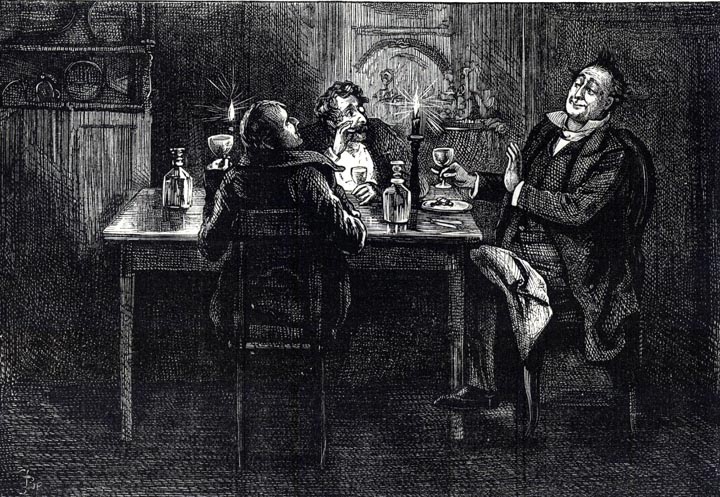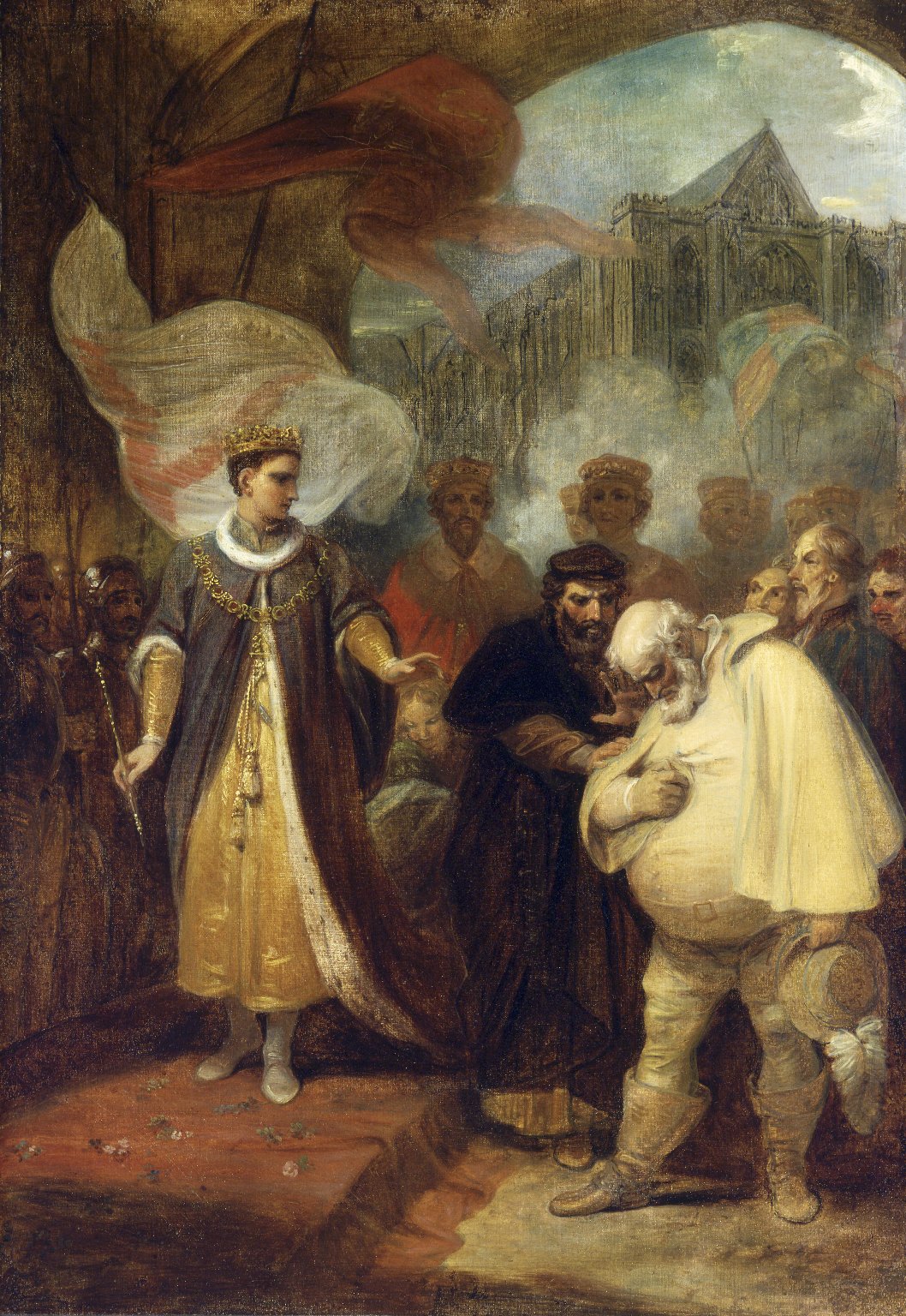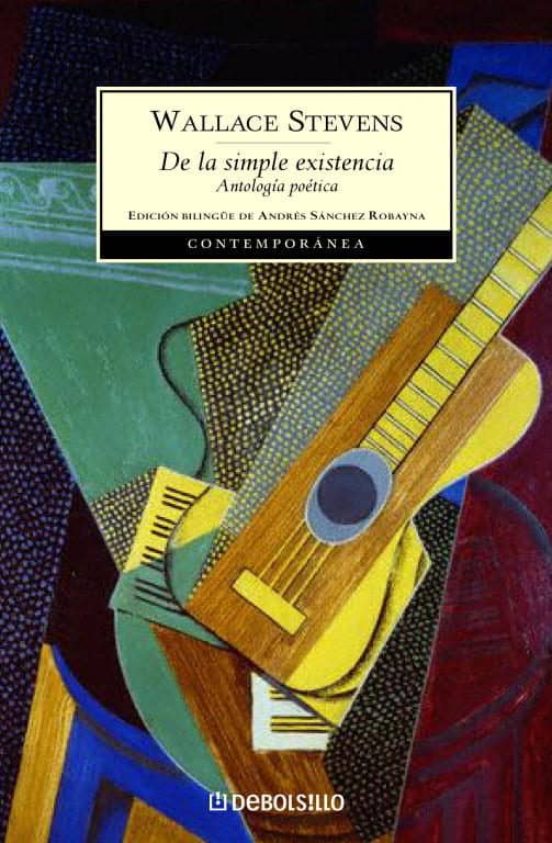Vor dem Gesetz steht
ein Torhüter. Zu diesem Torhüter
kommt ein Stürmer vom Lande und bittet um Eintritt in das
Gesetz. Aber der Torhüter sagt, daß er ihm den Eintritt nicht
gewähren könne, bis er
ein Elfmeter schiesst. Der Stürmer schreitet selbstbewusst zum
Elfmeterpunkt und bereitet den Ball vor, während der Torhüter auf der Linie in
aller Ruhe wartet. Der Stürmer läuft an und schiesst; der Torhüter macht einen leichten
Sprung und pariert den Schuss. Der Stürmer versucht ihn
durch Finten zu verfuhren; der Torhüter rührt sich nicht. Mit einer
augenblicklichen Gewandtheit tritt der Stürmer den Ball in die hohe Ecke, für
keinen anderen Torhüter wäre so ein Ball haltbar, aber dieser Torhüter macht einen leichten Sprung und
pariert den Schuss. Der Ernst des Torhüters kommt
hinzu, dem Stürmer die Fassung zu rauben, Schüsse und Finten wechseln sich, ihm
trieft der Schweiss: umsonst! Nicht bloss, dass der Torhüter alle Schüsse
pariert; auf Finten (was ihm kein Torhüter der Welt nachmacht) geht er gar
nicht einmal ein: Aug in Auge, als ob er die Seele des Stürmers darin lesen kann,
steht er, die Handschuhe erhoben, und wenn die Bewegungen nicht ernsthaft
gemeint sind, so rührt er sich nicht. So geht es Tage und Jahre.
Der Stürmer wird kindisch und da er in dem jahrelangen
Studium des Torhüters auch die Flöhe in seinem Trikot erkannt hat, bittet er auch die Flöhe ihm zu helfen, um den
Torhüter zu überlisten. Schließlich wird sein Augenlicht schwach und er weiß nicht, ob es um
ihn wirklich dunkler wird oder ob ihn nur seine Augen täuschen. Wohl aber
erkennt er jetzt im Dunkel einen Glanz, der unverlöschlich aus dem Tores bricht. Nun lebt er
nicht mehr lange. Vor seinem Tode sammeln sich in seinem Kopfe alle Elfmeter der ganzen Zeit zu einer Frage: „Alle
streben doch nach dem Gesetz,“ sagt der Stürmer, „wieso kommt es, daß in den vielen Jahren niemand außer mir ein Elfmeter versucht hat?“ Der Torhüter erkennt, daß der Stürmer schon an seinem
Ende ist: „Das ist das letzte
Kapitel von der Geschichte der Welt.“








